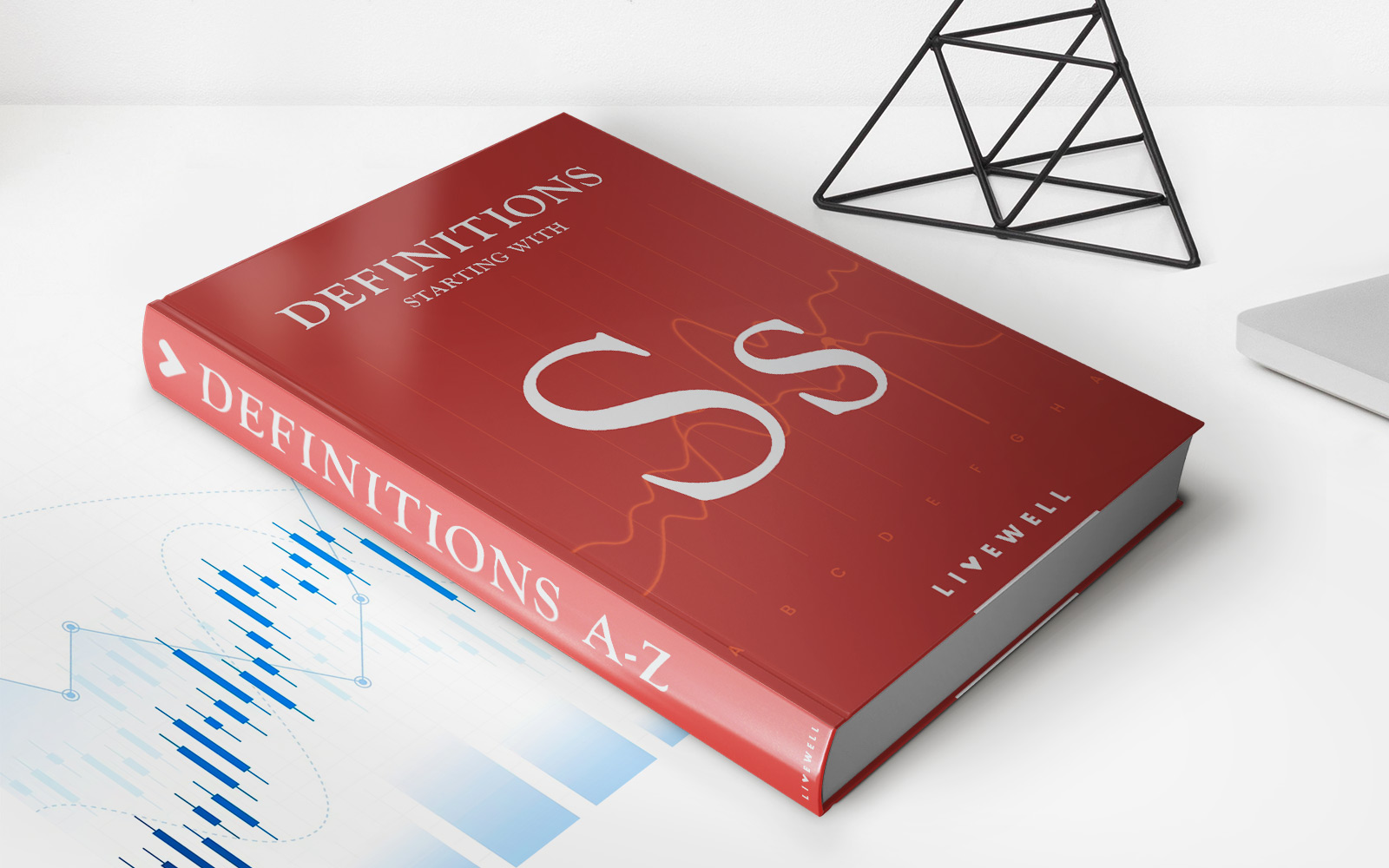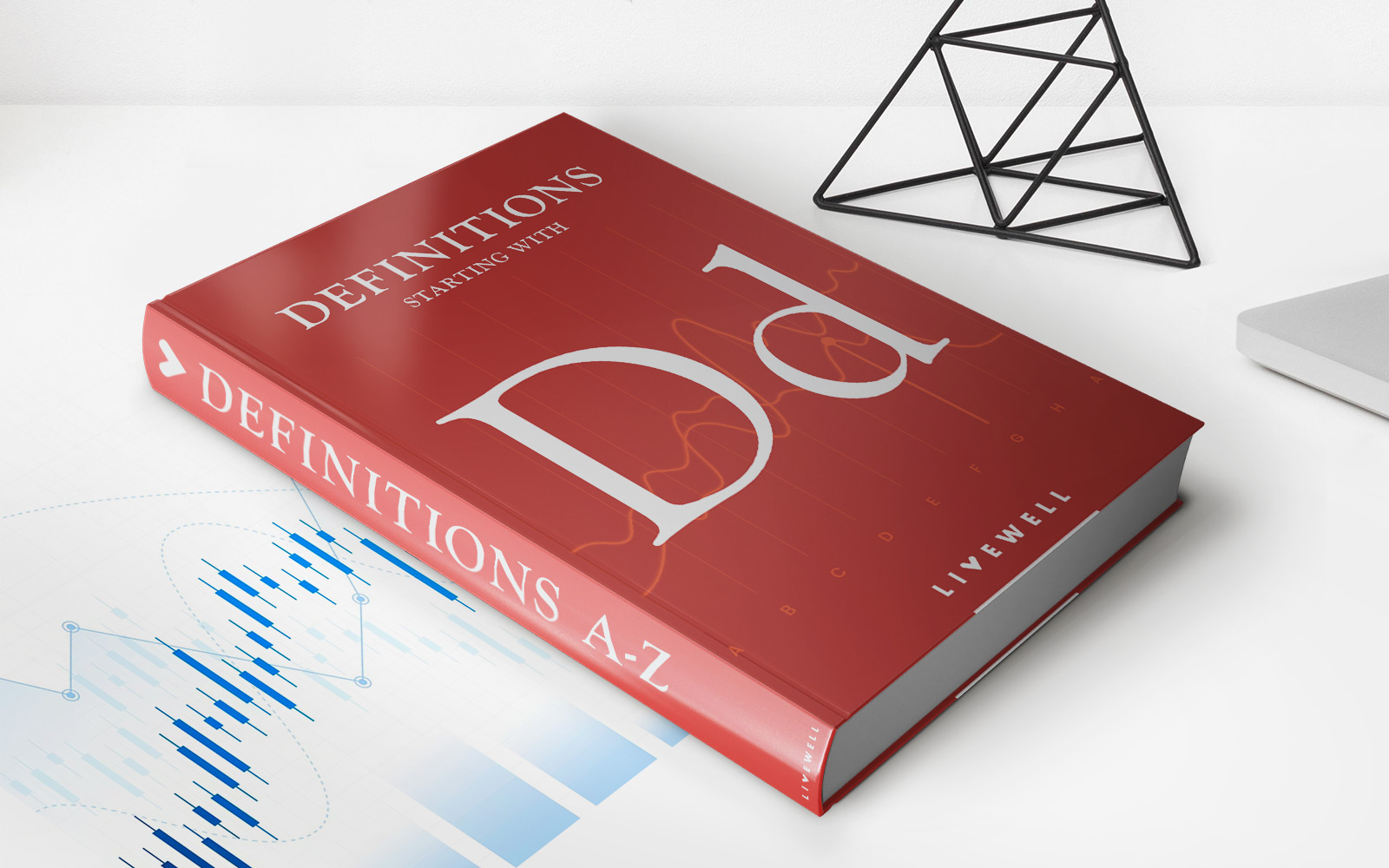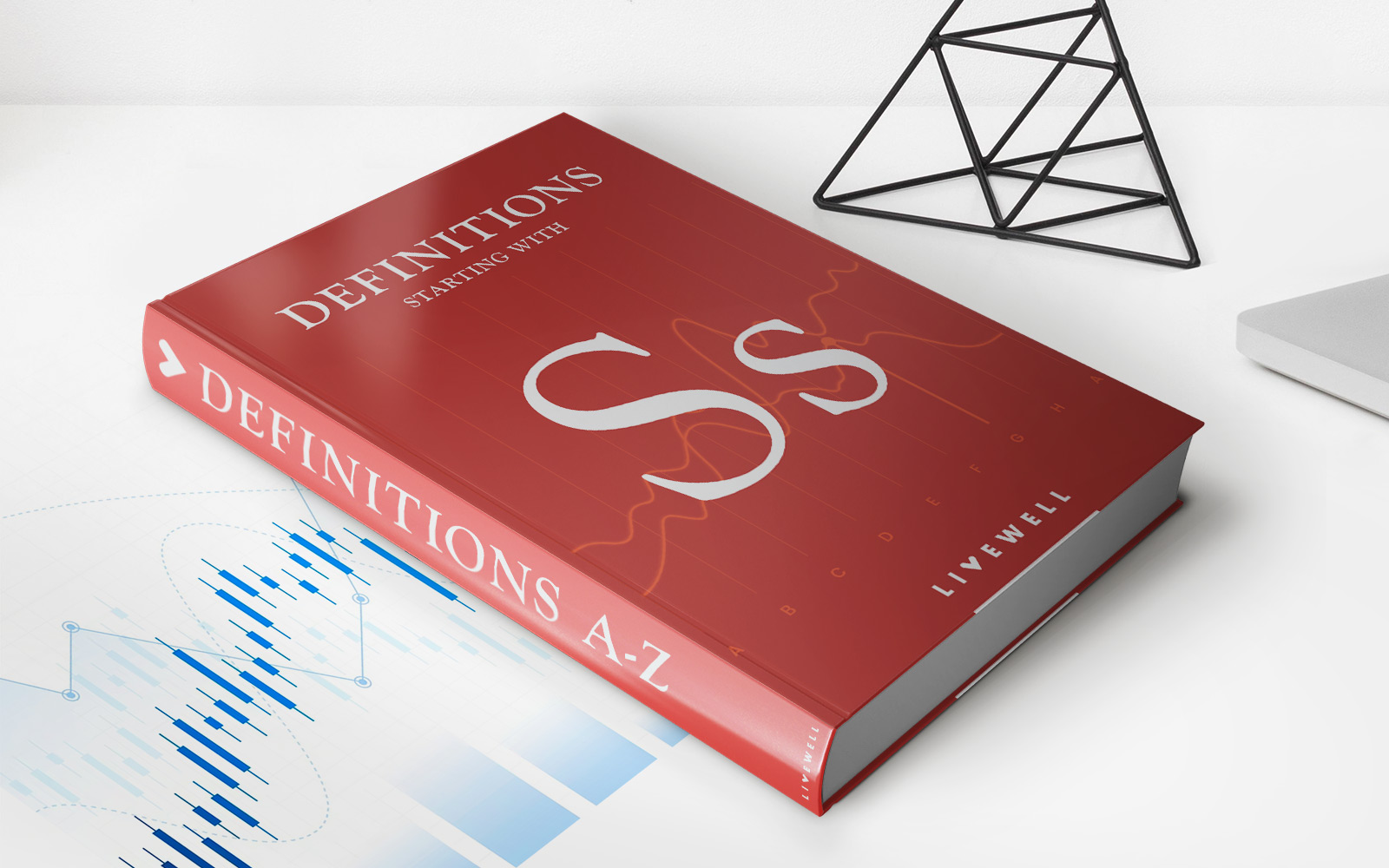Home>Finance>Unemployment Compensation: Definition, Requirements, And Example


Finance
Unemployment Compensation: Definition, Requirements, And Example
Published: February 13, 2024
Get an in-depth understanding of unemployment compensation in finance, including its definition, requirements, and real-life examples. Learn how to navigate this essential aspect of financial management.
(Many of the links in this article redirect to a specific reviewed product. Your purchase of these products through affiliate links helps to generate commission for LiveWell, at no extra cost. Learn more)
Unemployment Compensation: Definition, Requirements, and Examples
Welcome to the “FINANCE” category of our blog! In today’s post, we will explore the topic of unemployment compensation, providing you with a clear understanding of its definition, requirements, and examples. Unemployment compensation is an important aspect of financial planning, and we hope to shed light on this topic to help you make informed decisions. So, let’s dive right in!
Key Takeaways:
- Unemployment compensation provides temporary financial assistance to individuals who have lost their jobs.
- To qualify for unemployment compensation, individuals must meet certain requirements set by their respective government agencies.
What is Unemployment Compensation?
Unemployment compensation, also known as unemployment benefits, is a government-provided financial assistance program that aims to support individuals who have lost their jobs due to circumstances beyond their control. It is designed to provide temporary income replacement to help individuals meet their basic needs while they actively search for new employment opportunities.
Requirements for Unemployment Compensation:
In order to qualify for unemployment compensation, individuals typically need to meet the following requirements:
- Work History: Applicants must have a verifiable work history, meaning they must have been employed for a certain period of time before becoming unemployed. The specific requirements may vary depending on the country or state.
- Reason for Unemployment: Individuals must have become unemployed through no fault of their own. This means that if they were terminated due to misconduct or voluntarily left their job without a valid reason, they may not be eligible for unemployment compensation.
- Active Job Search: Applicants are typically required to actively search for new employment opportunities and provide evidence of their job search activities, such as submitting job applications or attending interviews.
- Availability and Willingness to Work: Individuals need to be available and willing to accept suitable employment offers. This means they cannot refuse job offers that align with their skills and qualifications without a valid reason.
- Registration with Employment Agencies: Some jurisdictions may require individuals to register with their local employment agencies or job placement services to be eligible for unemployment compensation.
Examples of Unemployment Compensation:
Let’s consider a few examples to understand how unemployment compensation works:
Example 1: John was recently laid off from his job due to a company-wide downsizing. He meets all the eligibility requirements for unemployment compensation in his state, including having a verifiable work history and actively seeking new employment. John applies for unemployment benefits and successfully receives financial assistance to support himself while he searches for a new job.
Example 2: Sarah voluntarily left her job without a valid reason and is currently unemployed. Although Sarah has a verifiable work history, she would not qualify for unemployment compensation as she became unemployed by her own choice.
Example 3: David was terminated from his job due to repeated misconduct. Although David has a verifiable work history, his termination for misconduct disqualifies him from receiving unemployment compensation.
These examples illustrate the importance of meeting the specific requirements for unemployment compensation eligibility.
In Conclusion
Unemployment compensation serves as a temporary financial safety net for individuals who have lost their jobs. Although the specific requirements may vary depending on your location, understanding the basics surrounding eligibility can help you make better financial plans in times of unemployment. Remember to always check the specific regulations and guidelines set forth by your government agencies to ensure you meet all the necessary qualifications.
We hope this blog post has provided you with valuable insights into the definition, requirements, and examples of unemployment compensation. If you have any further questions or would like to explore more finance-related topics, feel free to browse through our other blog posts under the “FINANCE” category. Stay tuned for more informative content. Until next time!














